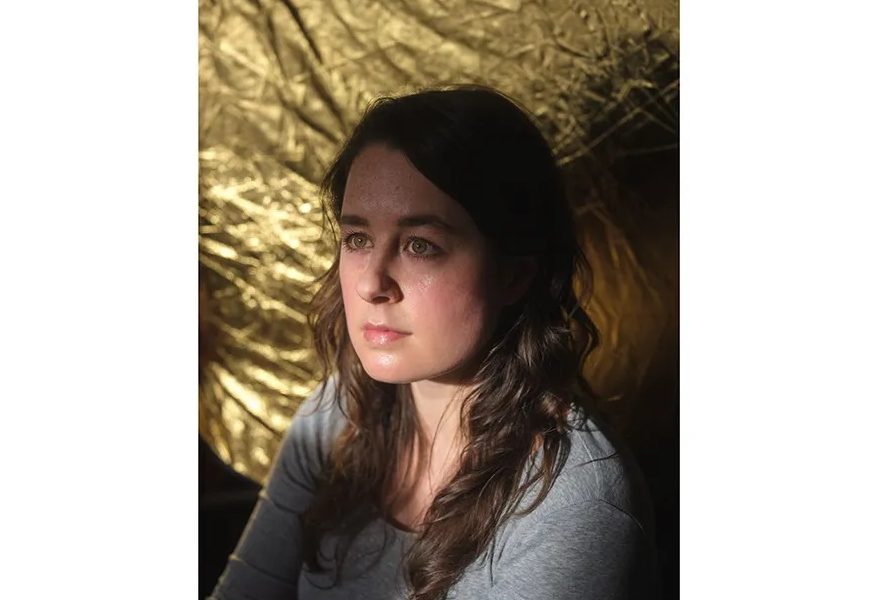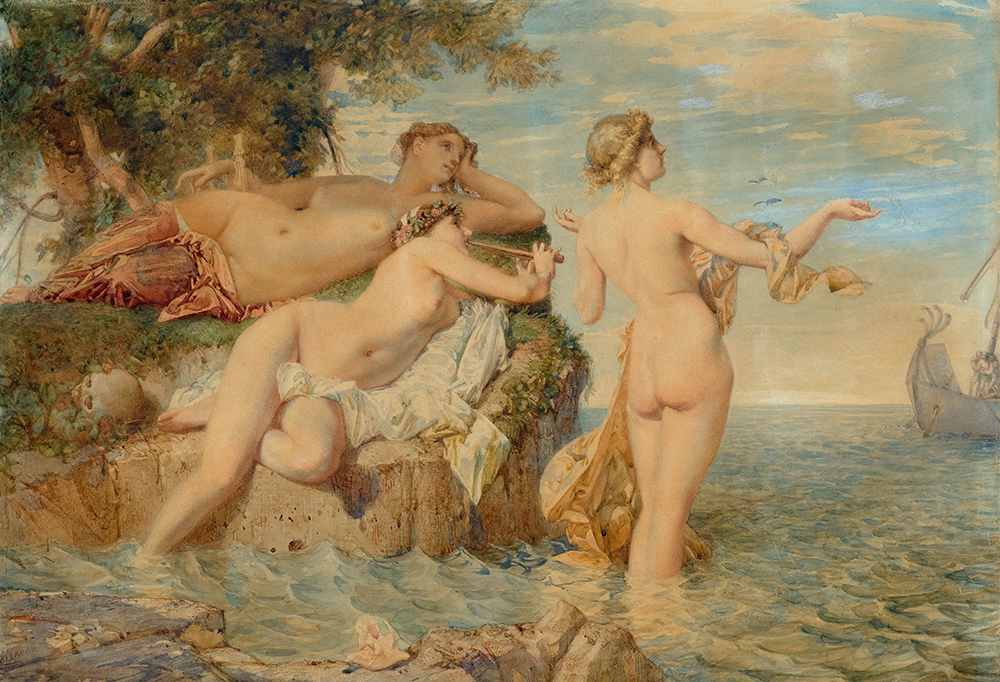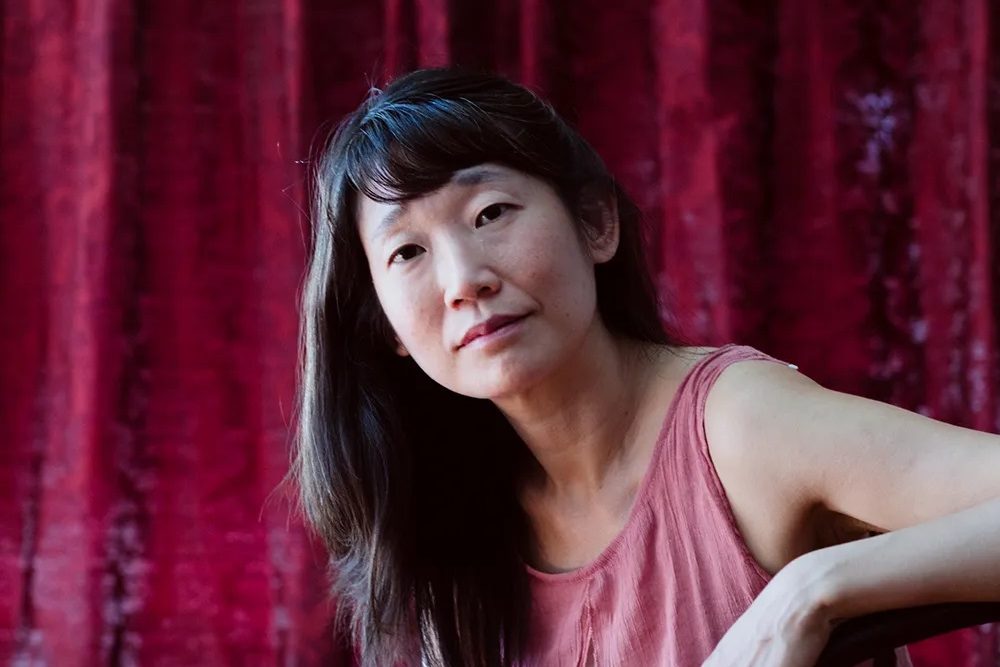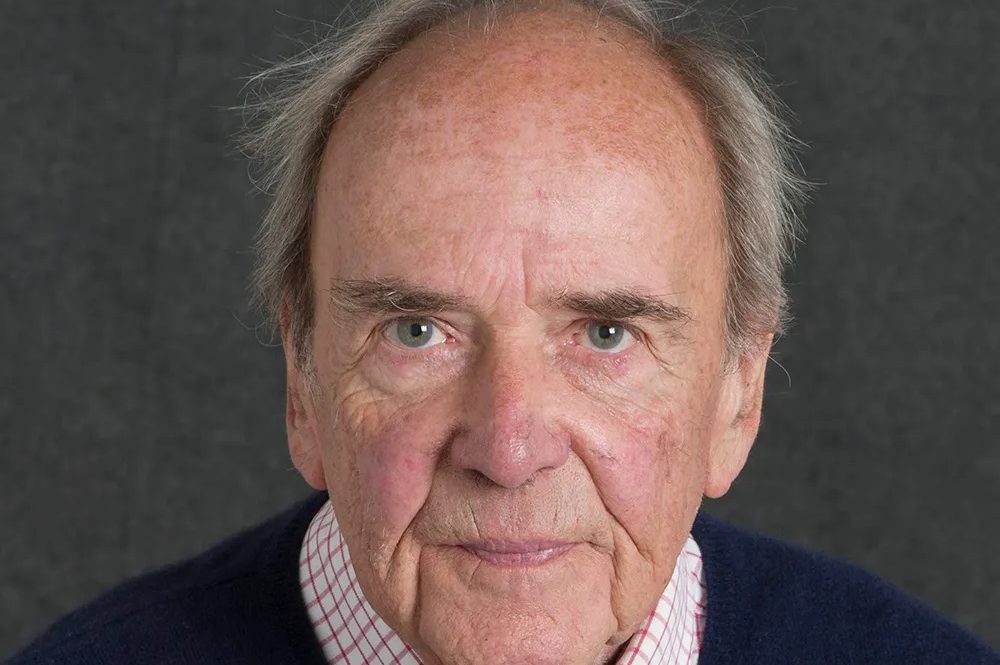Rita Bullwinkel’s knockout debut novel adopts the structure of the boxing tournament it vividly describes. Eight teenage girls are competing in the “Daughters of America Cup” at Bob’s Boxing Palace, Reno. We encounter them in the ring as they progress through four opening rounds and two semis to the final.
The author details the exhilarating, pummeling progress of the fights — “the hit is quick, like a jump rope whipping forward” — and the physicality of the girls’ bodies, “so close to each other that, from far away they look like two parts of the same animal.” She also nimbly delves beneath the protective headgear into the girls’ interior worlds and circles out to explore their life stories, revealing where they have come from and where they’re going.
In the first bout, Andi Taylor — still haunted by having found her father dead “on the couch” and by the body of a boy with a “corn-dog-sized thigh” she pulled too late to the surface of the pool while lifeguarding — is pitted against Artemis Victor. The latter wants to become the “most fabled, the most brutal, the most beautiful of the Victor sisters, so that a secret door will open for her, out into the world, away from her family.”
Next up is Rachel Doricko, inspired to think she’s “a wildfire” by the blaze that destroyed her San Diego home when she was six, versus Kate Heffer, who recites the first fifty digits of pi and will become an event planner. Then come the cousins Izzy and Iggy Lang. Izzy, two years older, is thrown by a memory of when they both first saw the ocean and Iggy (who will become a private investigator) called it “the sea”:
Izzy didn’t even know that there was another word for ocean… but here Iggy was, already being able to see that a thing could be two things at the same time.
The fourth opening bout is between Rose Mueller, who will be “a villager, one of those people who dies within a mile of the place they were born,” and Tanya Maw, already drawn towards an acting career because, along with boxing, it’s one of the “few activities that allow the intimacy of staring.”
Bullwinkel vividly portrays “the different ways each girl has of being,” while simultaneously probing what binds these individuals together. It’s a subversive portrait of a nation and its daughters: American girls engaged in fighting rather than more traditionally feminine pastimes. A skipping rope becomes a simile for a punch, and innocence is ripped from the sisterly act of braiding hair, as Bullwinkel weaponizes plaits into “ropes that have been soaking in water.” In a potent passage at the end, the author imagines a future in which we inhabit other planets, where two girls playing will start to fight,
circling each other like birds of prey. One girl squats low, puts her hands forward and bares her teeth. The gums of her mouth are red. Her teeth are white and crooked. Down her back is one long thick braid. Six purple moons loom in the sky. When the girl lunges forward to reach the other girl, she misses, stumbles, readjusts her feet and then the two girls lock eyes.
In Headshot, fighting is shown to be an essential part of what it is to be a girl, an undeniable, animal part of femininity.
This article was originally published in The Spectator’s UK magazine. Subscribe to the World edition here.


























Leave a Reply